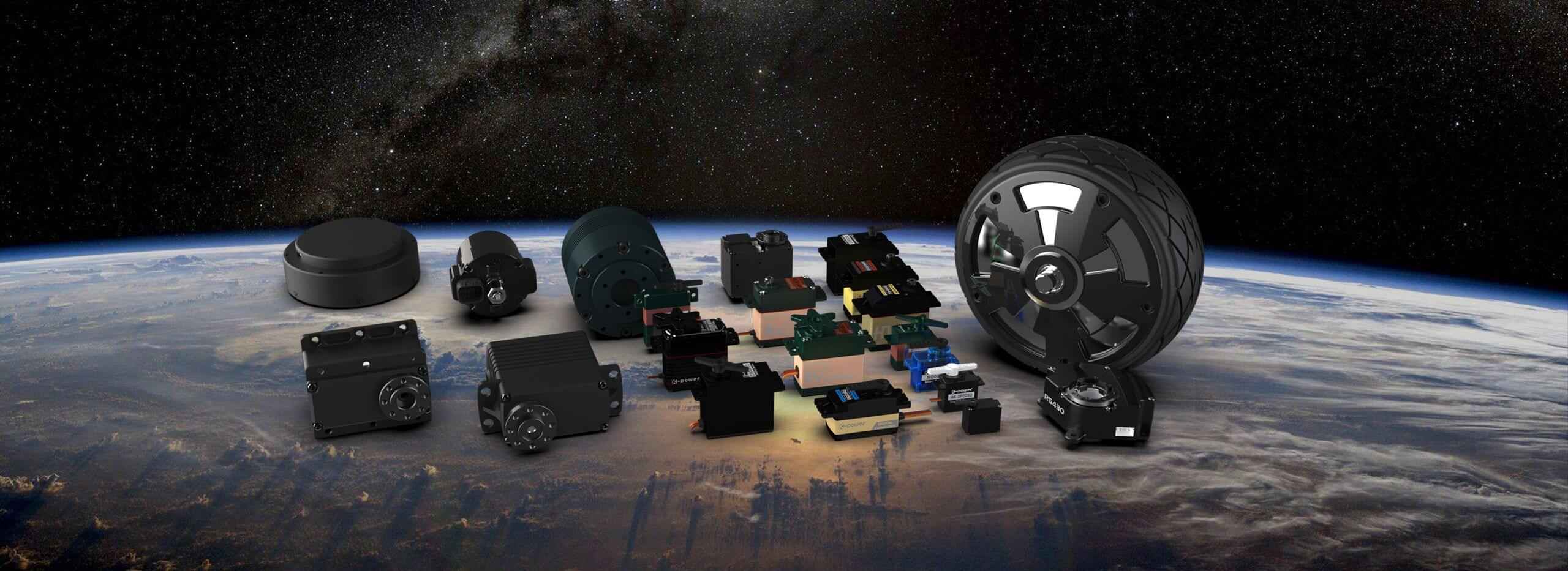part 1:
The Rise of DC Servo Motors: Powering Precision in Modern Industry
In the rapidly evolving landscape of automation and robotics, DC servo motors have emerged as unequivocal heroes. These compact yet powerful devices are the cornerstones of systems requiring precise control of position, velocity, and torque. Their ability to convert electrical energy into mechanical motion with exceptional accuracy has expanded their reach across countless sectors, fundamentally changing how machines interact with their environment.

Understanding the Core of DC Servo Motors
At their core, DC servo motors are supervised by a control mechanism that enables dynamic response to input signals. Unlike standard motors that operate at a fixed speed or torque, servo motors are designed for continuous, precise adjustments. Think of them as the fine-tuned musical instruments in the orchestra of automation—it’s their sensitivity and responsiveness that contribute to the harmony of complex systems.
The heart of their effectiveness lies in their feedback systems. Encoders and tachometers constantly monitor the motor’s position and speed, relaying this information back to a controller. This loop allows for near-instant correction of deviations, ensuring that the motor’s output aligns perfectly with the intended trajectory.
Why Is Precision So Critical?
Precision in motion isn’t just about accuracy; it’s about efficiency, safety, and the ability to perform complex tasks. In industries like aerospace, even tiny misalignments can lead to catastrophic failures. In manufacturing, impeccable precision translates into higher product quality and reduced waste.
DC servo motors excel here because they offer fine-grained control over speed and position, making them indispensable tools in sectors demanding high levels of accuracy. For example, in semiconductor fabrication, the precise movement of wafers underpins the creation of microprocessors and memory chips. A servo-driven robotic arm handling delicate components must stop, start, and adjust in fractions of a millimeter; this level of control is only possible with servo motors.
Diverse Applications: From Micro to Macro Scale
The versatility of DC servo motors spans an impressive spectrum of applications. In miniature form, they power optical devices and medical instruments, where precision and reliability are paramount. On a larger scale, they drive robotic arms, CNC machines, and even autonomous vehicles.
In robotics, servo motors enable limbs and joints to operate seamlessly. In aerospace, they control flaps, landing gear, and satellite positioning systems. In the manufacturing industry, they facilitate assembly lines, packaging, and sorting systems—often integrating with other automation components to deliver streamlined, reliable operations.
Part 2 will continue exploring the advanced applications of DC servo motors, their integration into emerging technologies, and the future prospects shaping this dynamic field.
Established in 2005, Kpower has been dedicated to a professional compact motion unit manufacturer, headquartered in Dongguan, Guangdong Province, China.




































